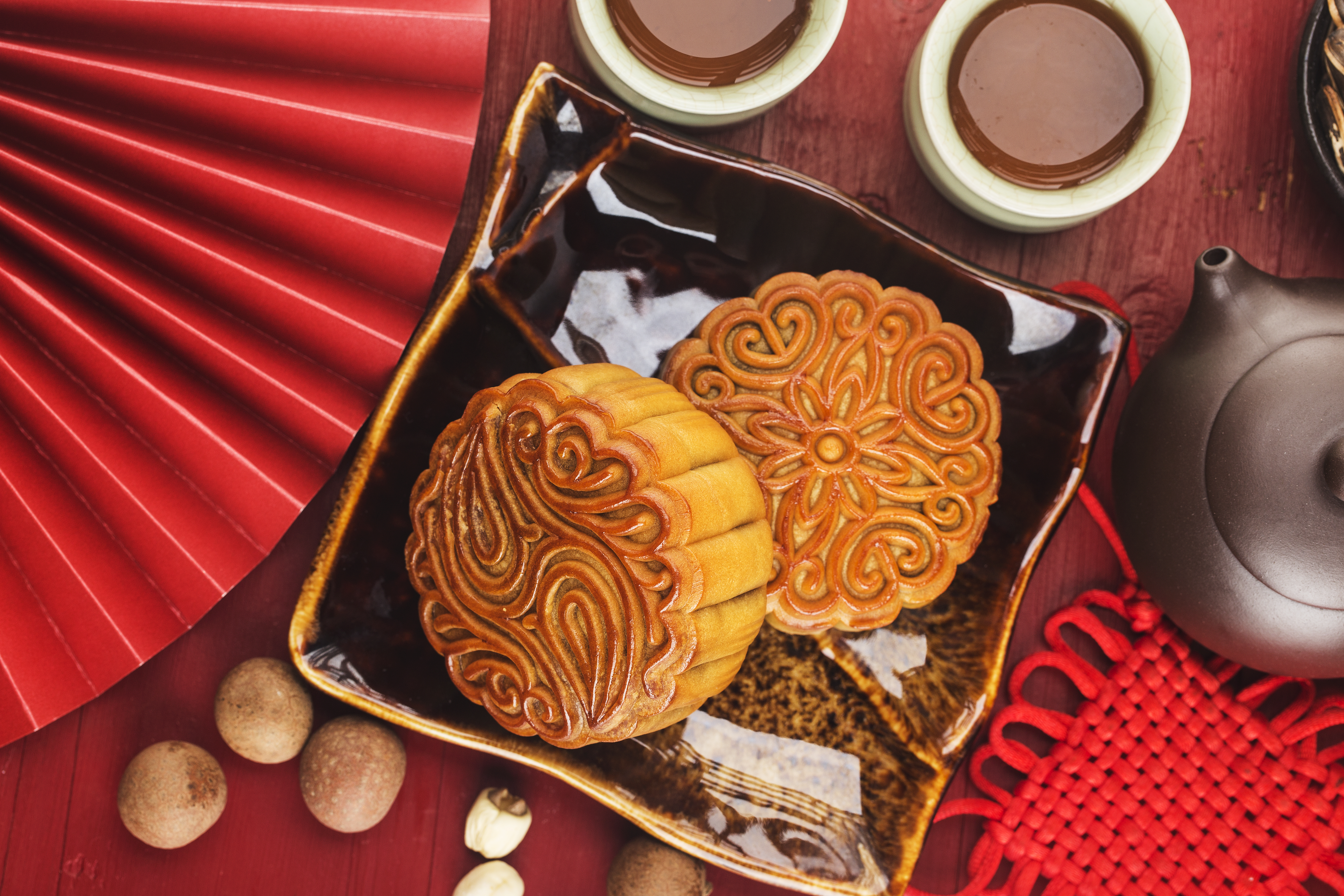
Around China Free: Top 3 Best Fun Chinese Cultural Facts
China is famous for its richness in arts, academia, and cultures. One of the main reasons is that the country has an extensive and deep ancient history. Let’s find out the top 3 best amazing Chinese cultural facts. This knowledge can be so handy if you ever travel to China or have interaction with the Chinese.

Art, Academia and Literature
The Chinese invented many musical instruments, such as the ancient zigzag, the flute, and the erhu, which were popular throughout East and Southeast Asia, especially in areas within China’s sphere of influence. Sanh is a basic ingredient in Western free-reed instruments.
Chinese characters have had many variations and spellings throughout Chinese history, and by the mid-20th century were “simplified” in mainland China. Calligraphy is the main art form in China, considered by many to be above painting and music. Since often associated with the owners were elite mandarins-scholars, calligraphy works were subsequently commercialized, in which the works of famous artists were highly valued.
China has many beautiful landscapes and is the inspiration for many great works of Chinese art. Calligraphy, sushi, and bonsai are all thousands of years old art forms that have spread to Japan and North Korea.
For centuries, China’s economic and social progress has been attributed to the high quality of feudal education. This leads to a meritocracy, although in reality only men and those with a relatively low life can take these exams, as well as requiring diligent study. This is a completely different system from the Western blood-based aristocracy.
These exams require candidates to write essays as well as demonstrate an understanding of Confucian classics. Those who passed the highest exams became elite scholar-mandarins called doctors. The doctoral degree has a highly respected political-economic position in China and surrounding countries. And the evil of the cult of education in East Asian countries is still present to this day.
Chinese literature has a long history of development due to printing techniques dating back to the Song Dynasty. Before that, ancient books and books on religion and medicine were mainly written with brushes (before that, on armor or on bamboo paper) and then released. Tens of thousands of ancient texts still exist today, from armor-bone scripts to Qing edicts, are discovered every day.
Chinese philosophers, writers, and poets are largely respected and play an important role in maintaining and disseminating Chinese culture. A number of other scholars are also noted for daring to sacrifice themselves for the public interest even against the will of the government.
Communication
China is one of those countries where there are cultural rules regarding communication that are expected to be followed. Let’s have a look at these cultural communication rules to see if you have ever encountered them in person or in the media.
Greeting
Do not shake hands firmly, but loosely or gently. Greet the most powerful person first, not the woman first. When introducing someone to someone, you should never use your index finger to point at that person since it is rude behavior. Instead, use the whole hand with stretched fingers and then point at that person.
Getting to know
When meeting to get acquainted, you can ask personal things such as whether you are married, how many children, even about salary. If you are asked that, you should not avoid answering. The topic of discussion when meeting and getting acquainted should be sports, preferably football, absolutely should not mention political topics, there should be no criticism.
Negotiation
Negotiating with the Chinese is not simple and often takes a long time. The beginning is usually a long party in which business is not discussed till the end of the meal. If you don’t come to an agreement, don’t be upset, try to be happy and affirm that you are very willing to reach an agreement for business cooperation. Usually, after a few days, there will be positive changes.
Number 4
One of the most important Chinese cultural facts that you need to pay attention to is that the Chinese abstain from the number 4. That’s because the number 4 pronounce similar to “death” in Chinese. So don’t give anything related to this number, especially when you’re giving a present or a wish.
Handing out business cards
Don’t forget to always carry a business card with you. When you give and receive business cards, do with both hands and remember to read the business card received before putting it away.
Dinner
Do not knock on the bowl with chopsticks because that is the behavior of beggars. Never stick chopsticks into a bowl of rice because only rice offered to the dead can do that. When dining at a Chinese place, you should not be afraid of the noises caused by eating and drinking. The Chinese consider it a sign that guests are eating well. When invited to a party, Chinese people are usually polite and reserved, you have to regularly invite them to eat and drink, pour drinks (wine, beer) often have to be full, if there is no waiter, men pour drinks. for women, superiors pour for subordinates.
Gifts
Giving gifts is a normal practice. Fruits, cakes, or alcoholic beverages are common gifts. Whether is a Chinese New Year gift or a gift out of the blue.
But you should never give someone a watch because in Chinese cultural fact, “gifting a watch” means “going to a funeral”. Furthermore, when you receive a gift from a Chinese person, do not open the gift package in front of the giver.
Stay in hotels
It is a good idea to stay in hotels of mid-range or higher because it is very important to know what class your partner belongs to in China. A very common question in China is “Which hotel do you stay in?”.
Clothes
When doing business transactions, you must wear luxury: Dark suits and ties for men, and dark pants and jackets for women. The dress code may vary depending on the custom of the country or region. However, you should avoid wearing jeans and flashy colors.
Criticism
In China, you can’t criticize openly and openly, but you should interpret it in another way, such as the associate or employee did a good job, the next time will definitely be better.
Traditional Holidays
In China, people highly value traditional holidays. These are the times that everyone can get together and celebrate the traditions together. Since China is a big country, where people leave home to work in different cities and areas that makes it difficult for them to see their loved ones on regular basis. Hence, the Chinese greatly appreciate and celebrate their traditional holidays as they will get the chance to be together with the friends and family. The most popular Chinese traditional holidays are the following:
- New Year’s Eve (December 30 of the lunar calendar every year)
- Lunar New Year (1st lunar month)
- Lantern Festival (lunar day 15th day)
- International Women’s Day (March 8)
- Tree planting festival (March 12)
- April Fools (April 1)
- Qingming New Year (April 4)
- International Labor (May 1)
- Youth New Year (May 4)
- Lunar New Year (May 5th of the lunar calendar)
- Children’s New Year (June 1)
- Party establishment date (July 1)
- The death ceremony (July 7 of the lunar calendar, August 23 of the solar calendar)
- The date of the founding of the army (August 1)
- Mid-Autumn Festival (August 15 of the lunar calendar)
- New Year’s Eve (September 9 of the lunar calendar)
- Teachers’ Day (September 10)
- Independence Day (October 1st)
- The day when the man went to heaven (December 8 of the lunar calendar)
- Christmas (December 25)
- New Year (January 1st).
Understanding the above Chinese cultural facts will be extremely helpful in building and maintaining a strong relationship with the Chinese. So, whether you’re going to meet a Chinese business partner or a new friend at school, keeping these rules in mind can help you avoid what you should not say or should not do. From that, you can present yourself as a polite and sensitive person, which can bring you lots of appreciation and opportunities.
Pandanese is a web-based SRS Mandarin learning platform that enables users to master 6,000 Chinese characters per year. Alongside learning Chinese vocabulary, radicals and characters, users will also receive helpful tips and tricks in conquering this challenging language, interesting Chinese cultural facts, and so much more.
Visit Pandanese and start learning today!
What are your favorite Chinese cultural facts? Let us know by sharing a comment!
The easiest way to learn Chinese & build vocabulary

